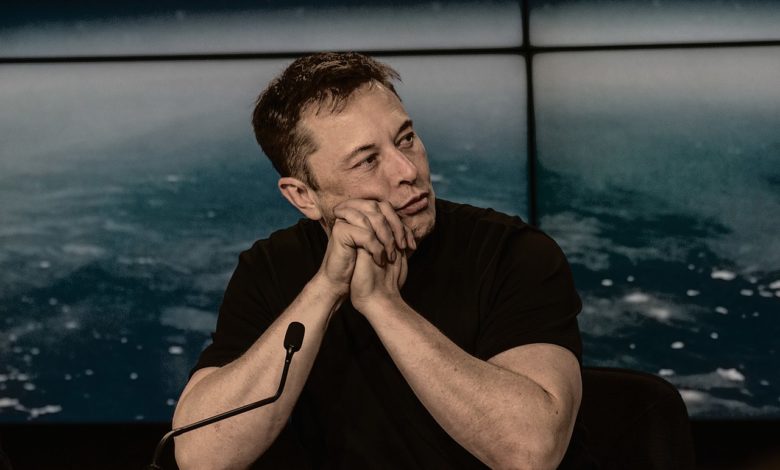
Elon Musk has confirmed that his artificial intelligence startup, xAI, has acquired X (formerly Twitter) in an all-stock deal that values the social media platform at $33 billion. The announcement was made by Musk himself via a post on X, in which he described the move as a way to unify the data, models, compute power, distribution, and talent across both companies. The transaction also places xAI’s valuation at $80 billion, bringing the combined value of the newly consolidated structure to over $100 billion, excluding debt.
The acquisition was not surprising in practical terms—xAI and X were already deeply intertwined. Employees shared office space in the Bay Area, worked across the two companies, and operated with overlapping infrastructure and assets. As of January 2025, X held a $6 billion stake in xAI. What the deal does is formalize that relationship, turning what had essentially become a single operational system into a unified corporate entity. Morgan Stanley reportedly acted as the sole financial advisor for both sides.
xAI, founded less than two years ago, has moved rapidly to become one of the most closely watched AI startups. It is backed by billions in funding from some of Silicon Valley’s top names, including Sequoia Capital, Andreessen Horowitz, Fidelity Investments, and BlackRock. Several of these investors also have stakes in X, deepening the financial overlap between the two companies. The AI lab’s most well-known product, Grok—a chatbot trained in part using data from X—has been embedded directly into the X platform and is also available externally via apps like Telegram.
Grok’s access to X’s live stream of user posts has given xAI a significant advantage over competitors, according to analysts cited in multiple reports. One investor described the combination succinctly: “Grok brings the brains. X brings the distribution.” Unlike other AI labs, which must source training data from public datasets or licensing deals, xAI now controls one of the world’s largest user-generated content platforms, offering exclusive data at scale for model training and product integration.
The valuation of X at $33 billion marks a notable drop from the $44 billion Musk paid to acquire Twitter in 2022. That deal, heavily financed with debt, was followed by drastic cost-cutting measures including mass layoffs and reduced operational expenses. Musk also implemented sweeping changes to the platform’s moderation policies and subscription model. However, these changes came at a cost: advertisers fled, concerned that their content would appear alongside offensive or controversial material. Although X’s ad business is projected to recover somewhat in 2025—with a global revenue estimate of $2.26 billion—it remains about half the size it was when Musk took over.
While the financials offer some context for the merger, so does the political backdrop. Musk’s growing influence in Washington, particularly his reported advisory role to Donald Trump and involvement in government efficiency efforts, has brought him closer to the political machinery of the United States. There’s growing speculation that a second Trump administration would push for deregulation of artificial intelligence, a move that would benefit firms like xAI and potentially accelerate model deployment timelines without heavy oversight.
It is this intersection of AI innovation, political favor, and data control that makes the xAI–X merger more than just a financial story. Musk is betting that exclusive access to user data—combined with ownership of distribution and compute—will give his AI products a decisive edge in a crowded and increasingly regulated space. The move also provides clarity to X’s investors, some of whom had expressed concern about the platform’s direction and valuation decline. Folding their stakes into a fast-growing AI venture may ease tensions while giving them exposure to higher upside.
At the same time, the deal raises familiar questions. This is not the first time Musk has merged two companies he controlled. In 2016, he orchestrated the merger of Tesla and SolarCity, both of which he had major stakes in, triggering controversy around governance and fiduciary responsibility. Whether similar concerns will surface here remains to be seen, but given the overlapping investor base and Musk’s total control, scrutiny is likely.
What’s clear is that Musk has now constructed an ecosystem where the pipeline from content creation to AI output is fully owned. In doing so, he may be setting a new precedent in how AI companies position themselves—not just as builders of models, but as owners of the data and platforms those models depend on. With this move, Musk has tightly stitched together the worlds of AI and social media—and positioned himself at the center of both.






